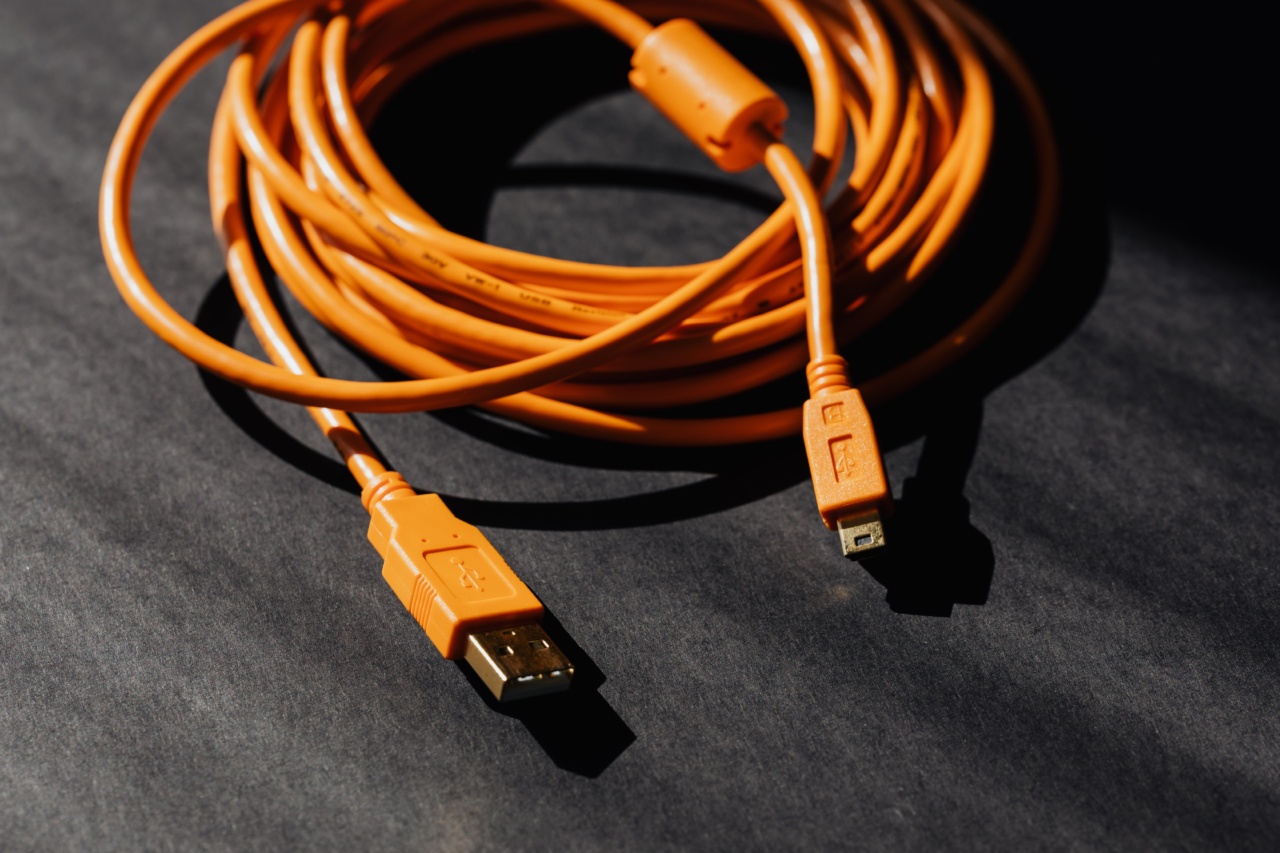Migraines and erectile dysfunction are two common health conditions that can significantly impact a person’s quality of life. While they may seem unrelated, recent studies have discovered a surprising link between these two conditions.
Understanding this connection can help individuals affected by migraines and erectile dysfunction seek appropriate treatment and find relief.
What are Migraines?
A migraine is a severe type of headache that may cause intense throbbing or pulsating pain, typically on one side of the head. Migraines are often accompanied by other symptoms such as nausea, vomiting, and sensitivity to light and sound.
It is estimated that migraines affect approximately 12% of the global population, making them one of the most prevalent neurological disorders worldwide.
What is Erectile Dysfunction?
Erectile dysfunction, also known as impotence, is the inability to achieve or maintain an erection firm enough for sexual intercourse.
It can be a source of distress and frustration for individuals and their partners, affecting their relationships and overall happiness.
According to the National Institute of Diabetes and Digestive and Kidney Diseases (NIDDK), erectile dysfunction affects around 30 million men in the United States alone.
Exploring the Link
Recent research has shed light on the surprising link between migraines and erectile dysfunction, revealing a potential connection that was previously unknown.
Migraines as a Risk Factor
Studies have found that men who experience migraines are more likely to also suffer from erectile dysfunction. One study published in the journal Headache examined the association between migraines and erectile dysfunction among a group of men.
The findings revealed that men with migraines had a significantly higher prevalence of erectile dysfunction compared to those without migraines.
The researchers hypothesized that the shared risk factors and mechanisms underlying both conditions might contribute to this connection.
Shared Risk Factors
Several risk factors are shared between migraines and erectile dysfunction. These include:.
- Endothelial dysfunction: Both conditions have been associated with impaired function of the endothelium, the inner lining of blood vessels. This dysfunction can affect blood flow, leading to migraine attacks and difficulties in achieving and maintaining an erection.
- Stress and anxiety: Migraines and erectile dysfunction can both be triggered or aggravated by stress and anxiety. The release of stress hormones can impact blood vessels and nerve function, increasing the risk of both conditions.
- Medication side effects: Certain medications commonly used to treat migraines, such as beta-blockers, can contribute to erectile dysfunction. These medications work by dilating blood vessels and reducing blood pressure, which may interfere with normal erectile function.
Neurological Pathways and Serotonin
Another potential link between migraines and erectile dysfunction is related to neurological pathways and neurotransmitters.
Serotonin, a chemical messenger in the brain, plays a crucial role in various biological functions, including mood regulation, pain perception, and vascular tone.
Migraines are believed to involve an abnormal release of serotonin, which can result in blood vessel constriction and subsequent dilation.
Similarly, disruptions in serotonin levels and function have been implicated in erectile dysfunction, affecting the smooth muscle cells and blood flow necessary for an erection.
Researchers are still exploring the intricate relationship between serotonin, migraines, and erectile dysfunction to better understand how these conditions interrelate.
Seeking Treatment
If you suffer from both migraines and erectile dysfunction, it is crucial to consult with healthcare professionals who specialize in these areas. A comprehensive approach to treatment may involve:.
- Medication management: Discussing the medications you are currently taking for migraines and erectile dysfunction with your healthcare provider can help identify any potential interactions or side effects that may contribute to your symptoms.
- Lifestyle modifications: Making healthy lifestyle choices, such as stress reduction techniques, regular exercise, and a balanced diet, can play a significant role in managing both migraines and erectile dysfunction.
- Therapy and counseling: Seeking therapy or counseling can help address any psychological or emotional factors that may contribute to your symptoms. It can provide strategies to cope with stress, anxiety, and the impact of these conditions on your overall well-being.
- Specialized treatments: Your healthcare provider may recommend specific treatments tailored to the management of migraines or erectile dysfunction. These may include preventive medications, acute migraine treatments, or therapies targeting erectile function.
Conclusion
While the link between migraines and erectile dysfunction may come as a surprise, emerging research suggests shared risk factors and underlying mechanisms between these conditions.
Understanding this connection can help individuals affected by migraines and erectile dysfunction seek appropriate treatment and improve their overall quality of life.





























